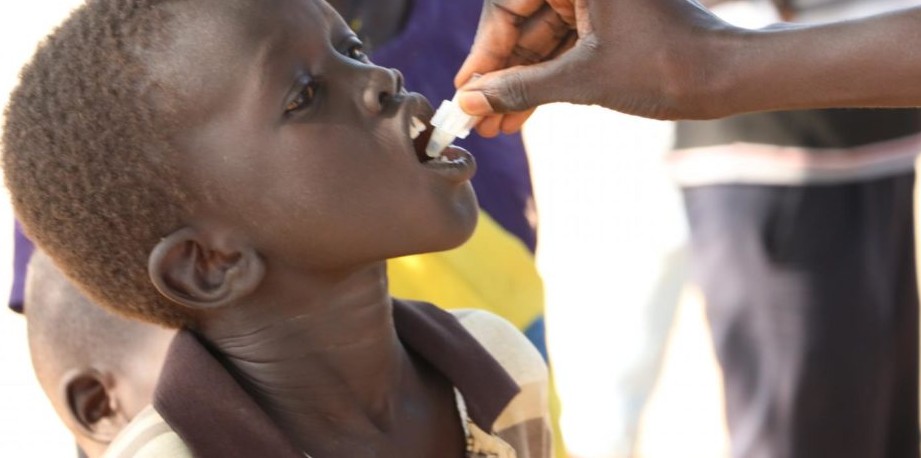
Health officials in South Sudan have confirmed a significant decline in new cholera cases, signaling progress in the fight against the country’s worst outbreak on record.
Since late 2024, the epidemic has infected more than 77,000 people and claimed nearly 1,400 lives.
“This cholera outbreak is the biggest South Sudan has ever experienced,” said Dr. Kediende Ohong, incident manager for the national cholera emergency. “It began in September last year, and we confirmed local transmission shortly after.”
The outbreak was officially declared on October 28, 2024. Since then, the Ministry of Health, in collaboration with humanitarian partners and local communities, has worked to contain the spread and treat the infected.
“As of now, over 96 percent of the 77,000 recorded cases have been treated and discharged,” Dr. Ohong said. “Sadly, we’ve lost close to 1,400 people, lives we cannot recover.”
Encouragingly, the past month has shown a steady decline in new infections. “Last week, we recorded fewer than 900 cases and six deaths nationwide. The trend has been consistently downward,” he added.
Unity State remains the most affected area, though new cases are still emerging in Abyei, Torit, and Magwi.
In response, the government has launched a nationwide oral cholera vaccination campaign, administering nearly eight million doses across 35 counties.
Cholera has been confirmed in 54 counties across multiple states and three administrative areas. Western Equatoria remains the only state with no reported cases.
In the capital, Juba, residents credited recent sanitation campaigns for the improvement, saying, “In Gudele, we’ve seen fewer cases thanks to the cleaning campaign,” said Rose Keji, a resident. “But with the rainy season starting, we need to stay alert.”
Health officials continue to monitor the situation and urge the public to maintain hygiene practices to prevent a resurgence.

